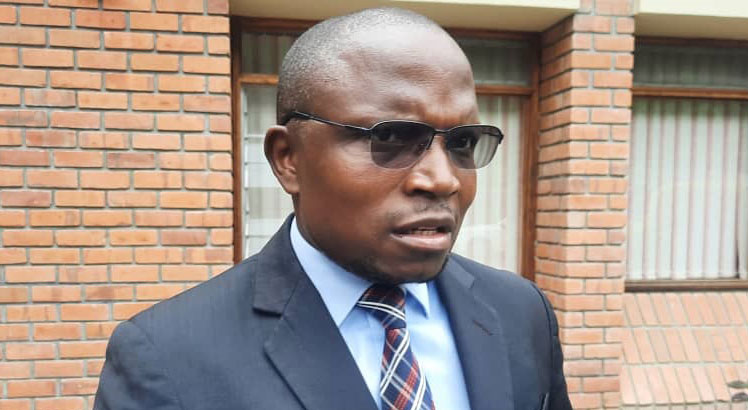K1.3bn EU, Oxfam energy project to benefit 832 000
European Union (EU) and Oxfam in Malawi have launched a 1.3 million euros (about K1.3 billion) Promoting Equitable Access to Clean Energy (Peace) to benefit 185 000 households or 832 000 individuals.
The project, in which EU is providing 1.2 million euros and Oxfam 133 333 euros, will be implemented by Oxfam, Civil Society Network on Climate Change (Cisonecc) and Centre for Environmental Policy Advocacy (Cepa) to promote the use of clean energy such as electricity, gas and solar power for cooking and heating.
Launching the project in Lilongwe yesterday, Ministry of Energy director of energy Million Mafuta said the three and A half year project will be piloted in Salima and peri-urban areas in Lilongwe and Blantyre cities.

He said: “The project is also expected to empower citizens and civil society organisations [CSOs] to advocate for their rights to energy and for the adoption of efficient and fair energy distribution systems and regulations in Malawi, to demand transparency and hold the government and energy operators accountable.”
To ensure affordability of clean energy supply among the low-income population, Mafuta said the government is putting in levy waivers to reduce the taxes that importers of clean energy pay.
“In terms of access, we already have programmes that are targeting connectivity to people who have never had access to electricity,” he said.
EU Delegation to Malawi head of cooperation Ivo Hoefkens said the union is also investing in various projects in Malawi aimed at ensuring that there is improved electricity generation capacity in the country, which includes the Malawi-Mozambique Power Interconnector Project it is supporting with the German Government as well at rehabilitation of over 300 kilometres transmission line in the country.
He said: “Malawi cannot achieve its development goals without energy and clean energy is the most sensible option in these times.
“We are developing a set of support measures in infrastructure, transmission, and generation of energy and ensuring a proper enabling environment for energy initiatives and that energy is regulated in a proper way so that it can reach as many citizens and businesses as possible.”
Oxfam in Malawi country director Lingalireni Mihowa said the project is mainly advocacy in nature and communities will be supported in terms of resources, training and sensitisation to make them understand that electricity can be used for cooking and heating.
“This is very crucial considering that the country has been struggling with climatic challenges such as cyclones that also interrupt power generation and supply.
“We have gone around and found that people prefer using charcoal because they think it’s cheaper than electricity. There is need for mass campaigns for the people to understand and adopt the alternatives through modelling,” she said.
However, Parliamentary Committee on Natural Resource and Climate Change chairperson Werani Chilenga called on donor partners and CSOs to invest more in improving the country’s electricity generation capacity, free distribution of gas stoves in the communities as well as lobby for reduction of prices of gas and clean energy supplies.
The 2018 Population and Housing Census shows that 11 percent of the country’s population has access to electricity while only two percent of the country’s rural population, estimated at at 14.4 million, has access to electricity.
Approximately 17.28 million people use wood biomass comprising charcoal and firewood for household cooking and heating.





